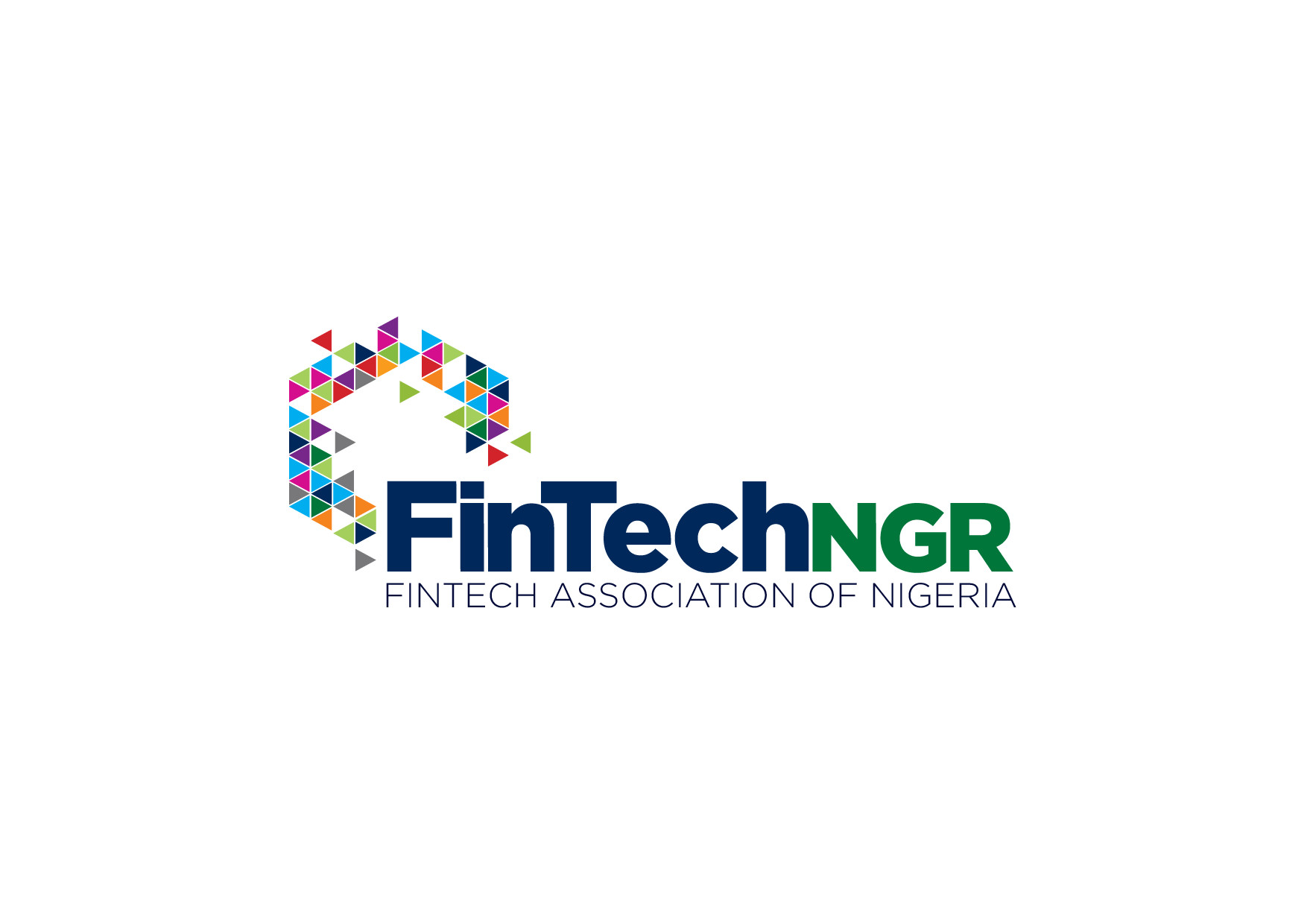Chukwuemeka Fred Agbata Jnr.(CFA)
Prior to the advent of commercial banking in Nigeria, people kept cowries, the medium of exchange that served as money back then, in their various houses, in sacks and other hidden places.
Later, when the colonialists arrived, they brought with them the idea of establishing a monetary system, based on coins and paper currency. These coins and paper currency were also kept by Nigerians in sacks and clay pots, especially, in the rural areas. Only residents living in urban areas had access to some of these services.
Despite the number of years that commercial banks have existed in Nigeria, however, there appears not to be a commensurate tally of bankable Nigerians based on the population of the entire country. It is noteworthy that the physical presence of banks is still felt mostly in urban areas in the country, yet, the population of the unbanked certainly outweighs the bankable ones. According to EFInA survey report of December 2018, only 39.5 million of the 99.6 million Nigerian adults are bankable, which comes to about only 39.7 per cent of the adult population of Nigeria.
The above narrative is not good enough and more needs to be done to sensitise the unbanked adult population to as a matter of urgency do the needful to open their bank accounts, especially now that the government cashless policy direction is gaining grounds or so it seems. This is because some experts have also argued that the recently announced charges by the Central Bank of Nigeria will further discourage the advancement of the cashless policy.
With financial inclusion, it will be easy to give the most vulnerable increased access to services especially in this digital age. It can also help to drive economic growth, as well as enables the government to plan better. From these, it is glaring that the need to enable financial inclusion, through financial technology, cannot be over-emphasised.
“In the past few years, we have seen great strides around the world, in connecting people to formal financial services. Financial inclusion allows people to save for family needs, borrow to support a business, or build a cushion against an emergency. Having access to financial services is a critical step towards reducing both poverty and inequality and new data on mobile phone ownership and Internet access, show unprecedented opportunities to use technology to achieve universal financial inclusion”, explained Jim Yong Kim, World Bank Group President.
In the modern world, where advancement in technology has taken over almost all aspects of human endeavour, financial technology is one of the driving forces of innovation, that has transformed and disrupted the financial space. It will therefore continue to reflect positive impact and give new shape, to the activities of financial institutions across board.
Financial technology which can also be referred to as fintech applies to how people execute business transactions and double entry book-keeping. Fintechs have opened doors of opportunities for a good number of small businesses, by offering them more services at lower costs, compared to what they would have expended.
Considering the number of the unbanked adult population in the country, there has to be a deliberate attempt to bring these sections into the financial net using technology.
It should, however, be noted that there are some challenges affecting this sector and one worthy of mention is financial literacy. Coming from the point of an unbanked individual, who has no willingness to embrace the traditional banking system, then consider how much work there needs to be done to get such individuals to jump into the financial inclusion train.
The Chief Executive Officer of Inlaks, Femi Adeoti, once noted, in an interview that one of the major challenges facing the realisation of reaching the unbanked through financial technology is the lack of an aggregated national identity. Giving an example of how Kenya is reaching its financial inclusion goals, Adeoti stated that, the East African country has approached the 90 per cent mark of financial inclusion. The reason for this is that the country has an aggregated national identity, while Nigeria, on the other hand, has multiple databases of identification.
The cost of technology appears to be another challenge for achieving swift financial inclusion because a large number of the unbanked population, who reside in the rural areas, may not be able to afford the services.
Many of these challenges affect the adoption of financial inclusion, however, with technology, fintechs, are addressing some of these challenges by creating awareness for early adoption of the campaign.
To continue the advocacy for financial inclusion through financial technology, the Central Bank of Nigeria, recently rolled out a policy that would be implemented to enable the process. By the year 2020, the Nigerian Apex bank, plans to financially include about 80 per cent of the country’s adult population, through its Shared Agent Network Forum, and has gone ahead, to select financial technology organisations in the country.
Agency banking is a model function of commercial banks with services regulated by the Central Bank of Nigeria. They are under the law permitted to contract third party retail networks as banking agents. Inlaks, one of Nigeria’s leading technology companies happens to be a super agent and is leading the quest to further deepen financial technology in the country leveraging superior technological infrastructure.
“Technology is at the core of everything we do now and it has caused a lot of disruptions in several industries and the financial sector is not immuned to it. The way we see payment has changed”, observed Femi Adeoti.
In my opinion, the banking industry has not really helped the Nigerian economy the way it ought to and it is evident of how abysmal it had performed at deepening financial inclusion. Thankfully, Fintechs are doing an amazing job at the moment and with the right policies we can get more Nigerians into the financial net and hopefully, move on to create a more sustainable society through provision of adequate opportunities and increased access to finance.

Leave a Reply